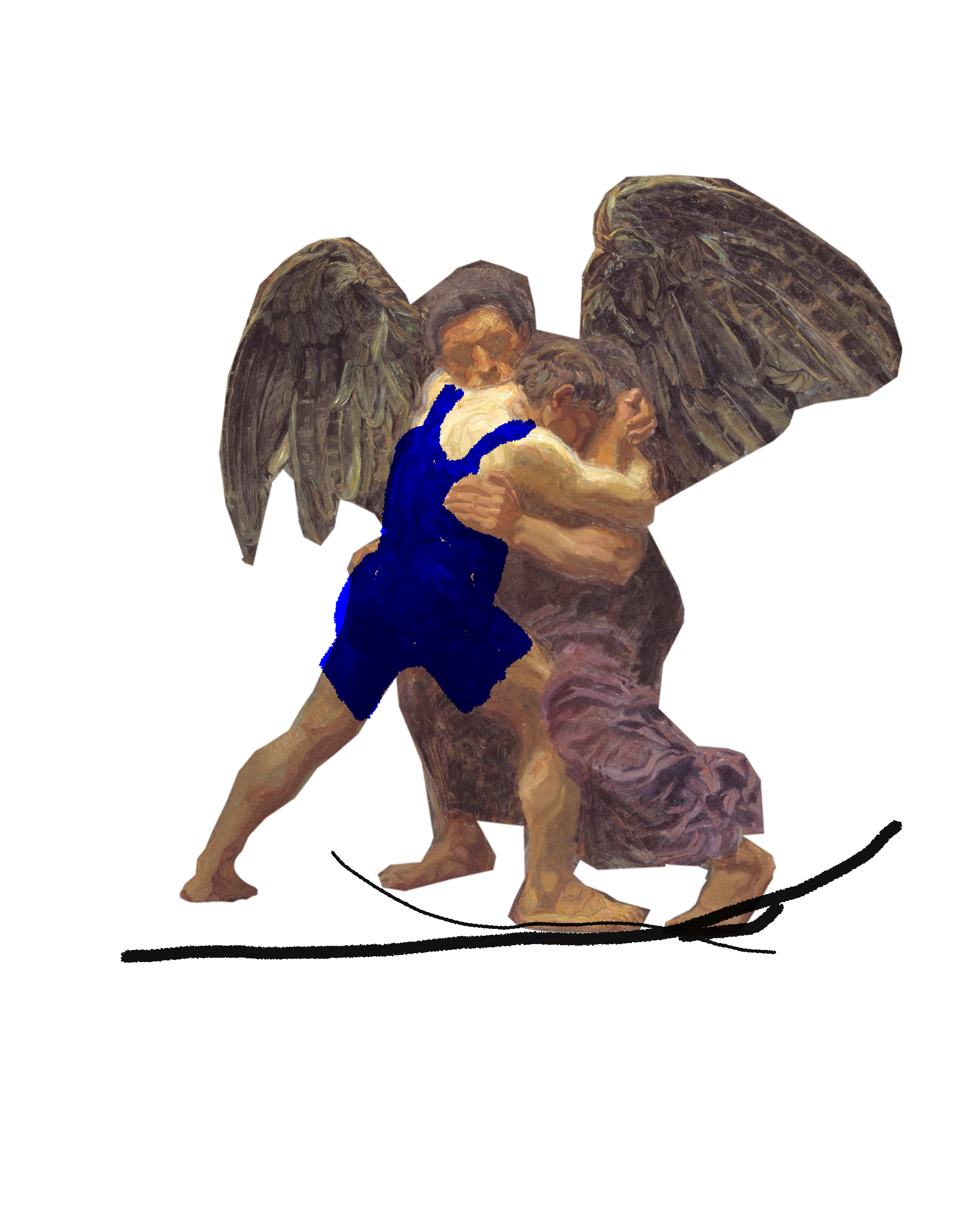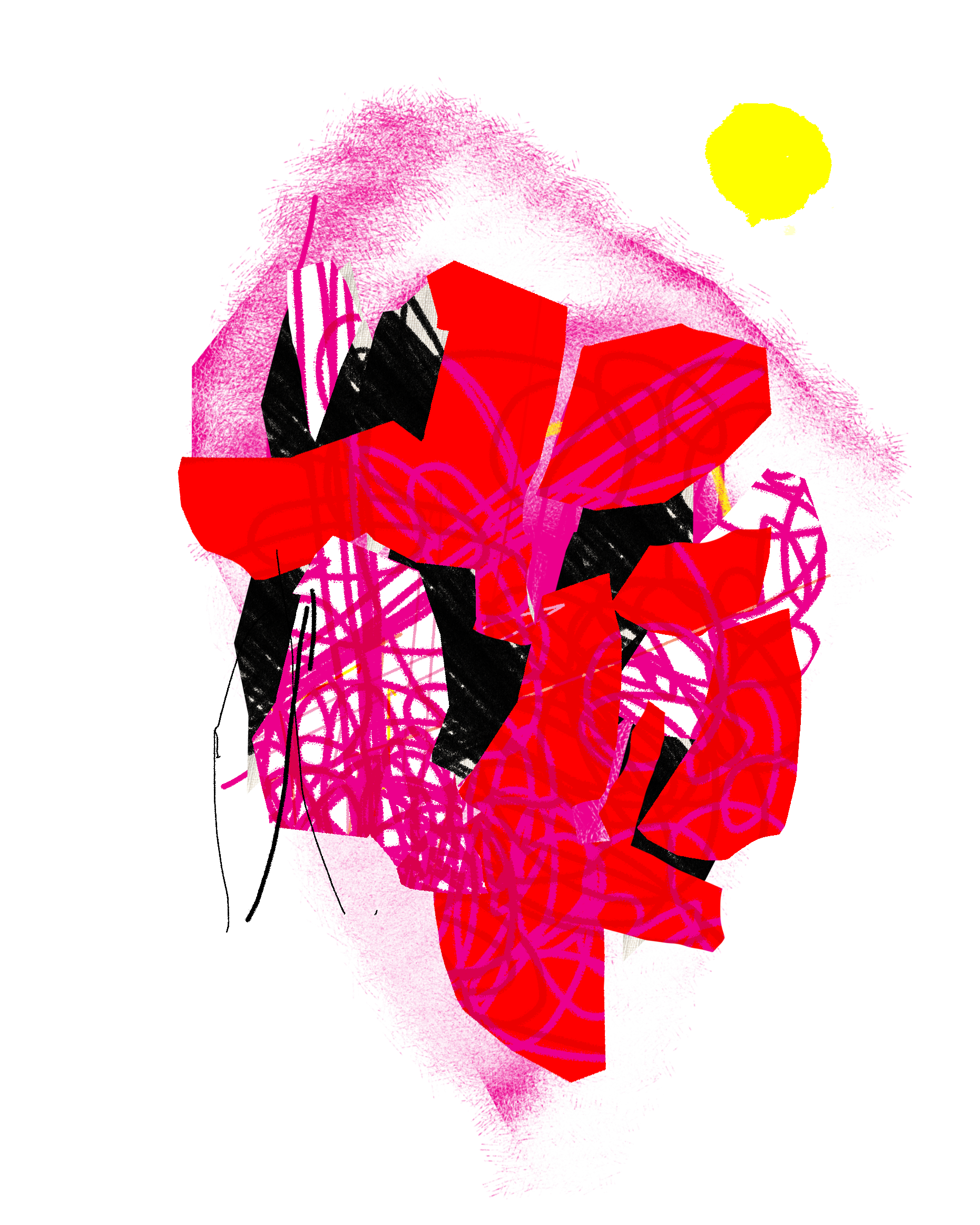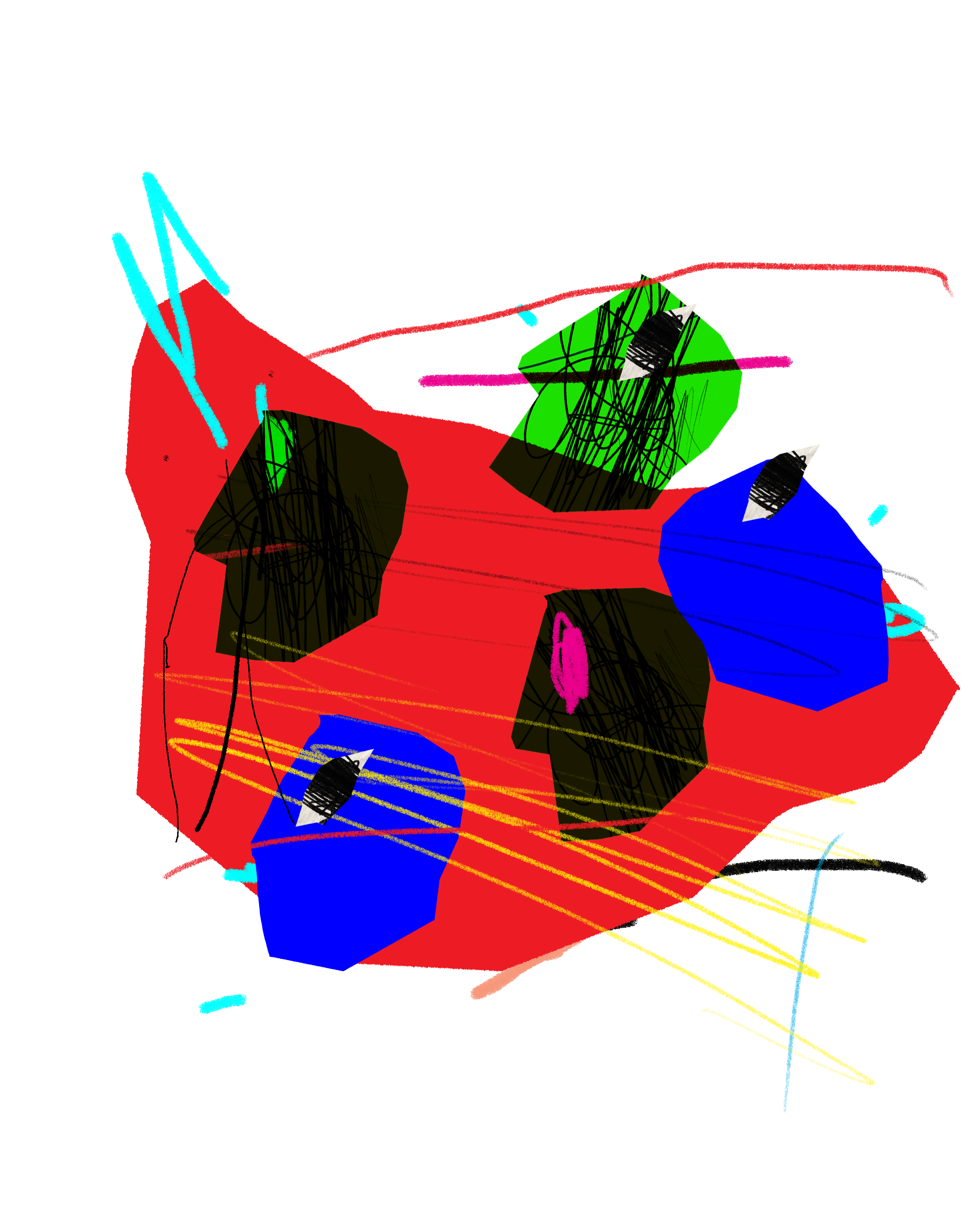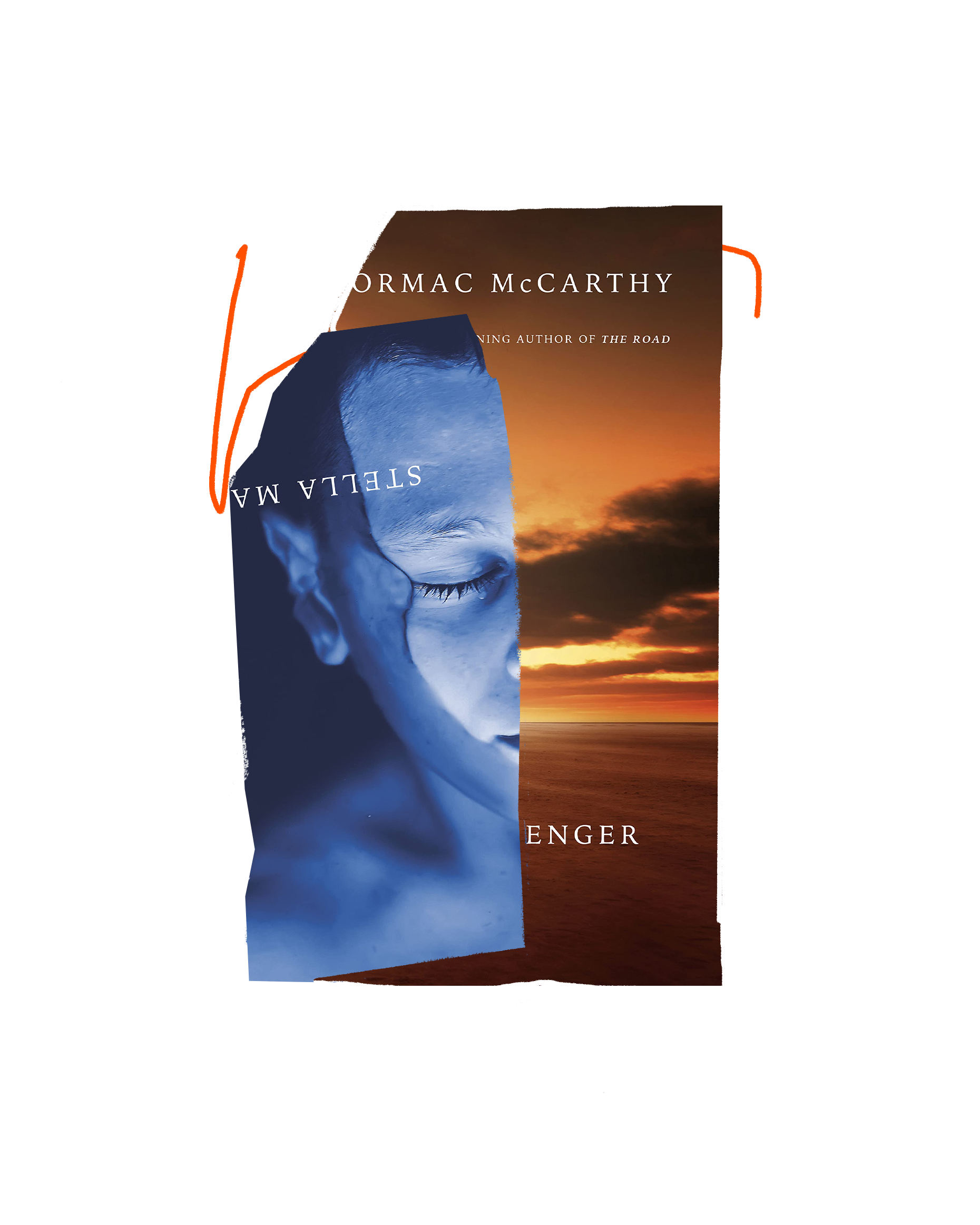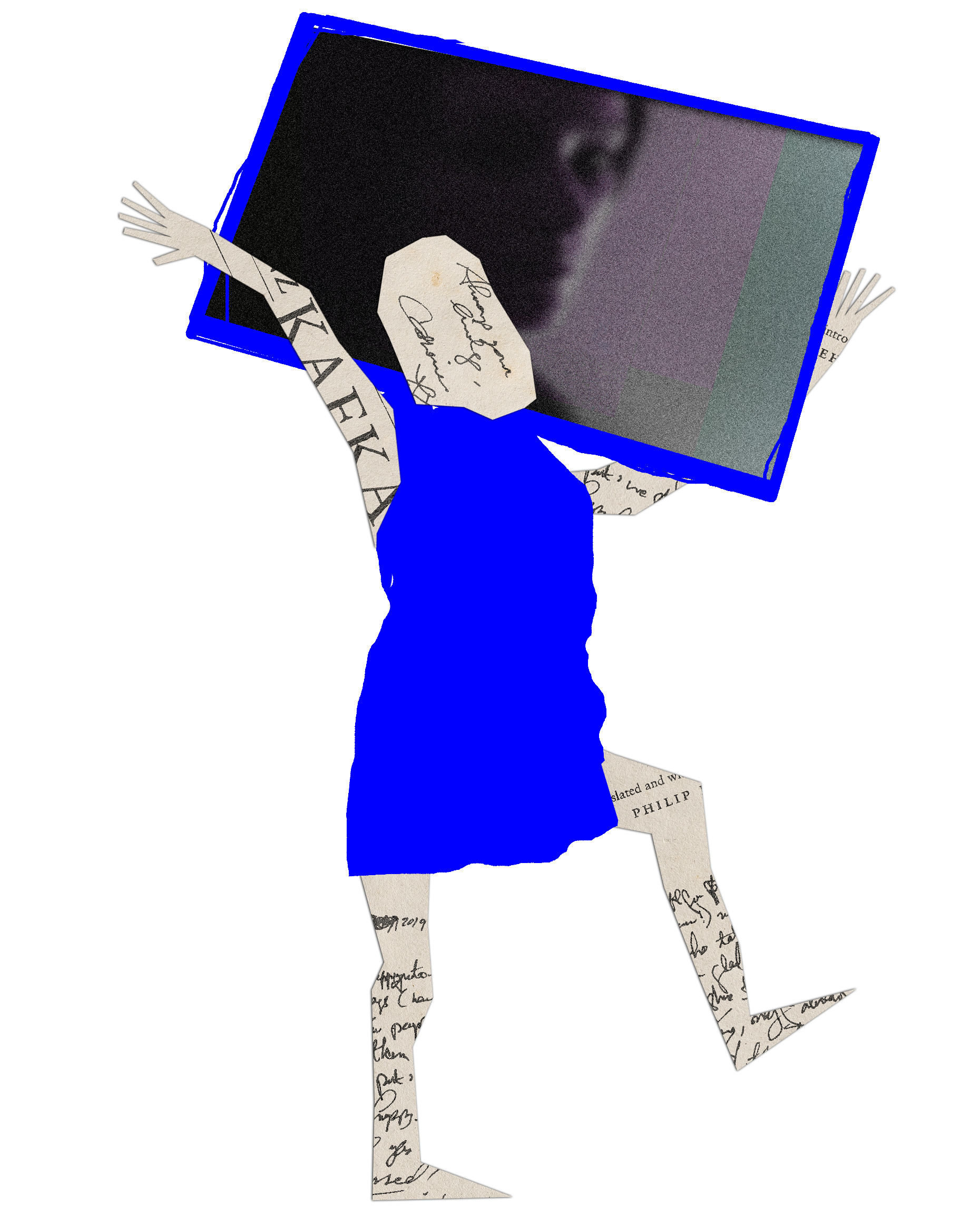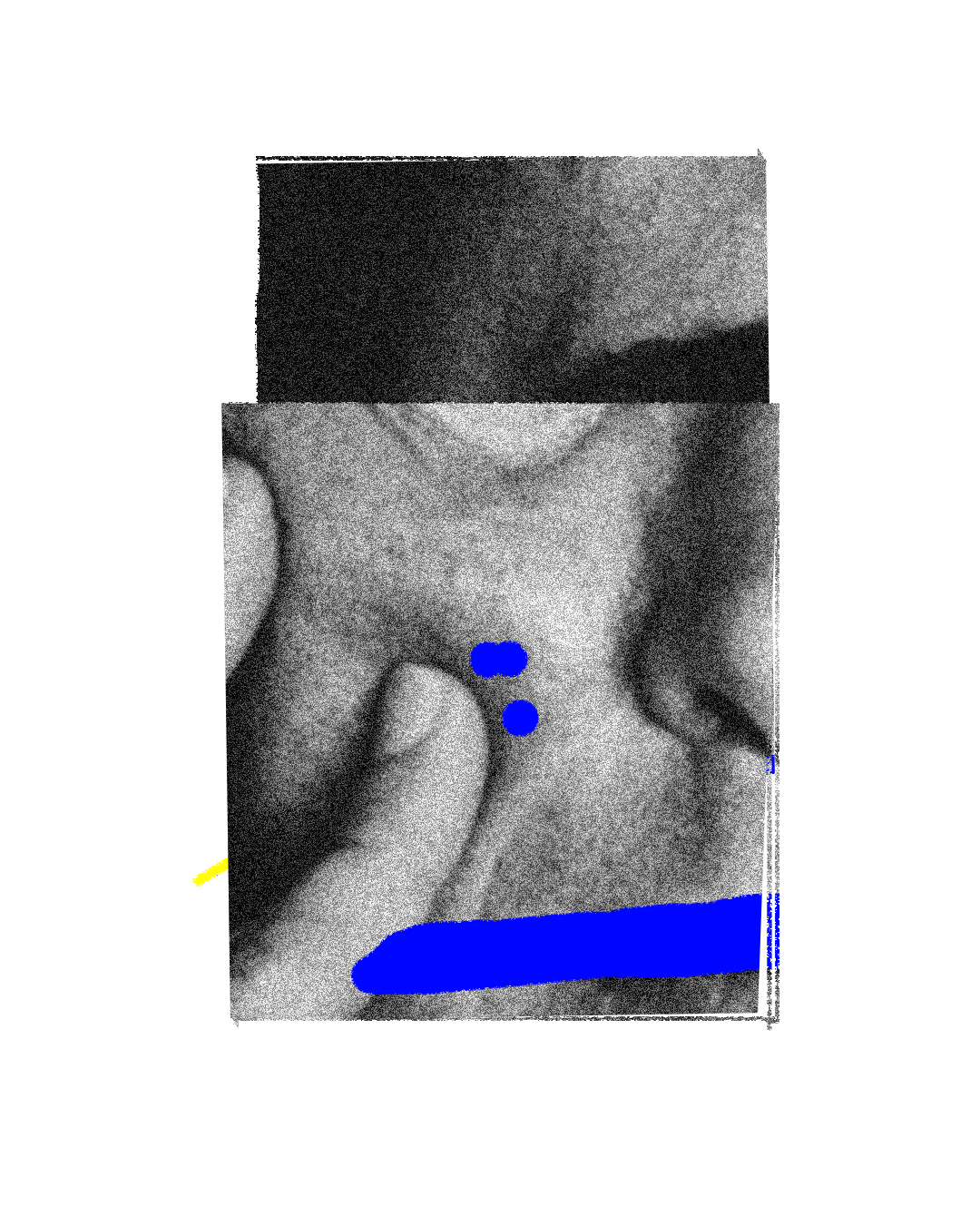Deaths, Plural: On Pro Wrestling and Poetry
And yet, like poetry, wrestling too is a practice of excess, of the unjustifiable and the unnecessary: the costuming, the tanning, the crafting of a distinct style in service of a vision of what becomes necessary in order to get through the day or death.
YOU GOTTA WOO
The evening you refused to sleep, we were over a hundred miles away from our home in Cleveland. A Rust Belt city to which—because of you—your mother and I will forever be tethered.
The Critic-Comptroller: On Renee Gladman’s Solo Show at Artists Space
For the critic-comptroller—the spectator hoping to take absolute measurements and gain new and unambiguous knowledge from the show—the works on view inspired both hyper-focused reading and diverted desire.
Healing Stories: Wellness and Narrative Medicine
Close listening, much like close reading, requires focused, sustained attention to how a story is told, not merely its plot. The work of healing, if not the biophysiological process of cure, is fundamentally narrative in practice.
That Which We Call Ecstasy: On Gentileschi’s Mary Magdalenes
It’s fitting that ecstasy’s Greek root means to literally “be beside oneself,” as in the soul exiting the body. Rubens wasn’t wrong: death, near-death is a preemptive condition of the ecstatic.
“THE START”
There was one literary magazine that made you write “THE END” at the end of your story, to signify that when the writing was done, when there were no more pages or writing, it had ended to these idiots or robots.
Health Is Other People (and Some Books): On Wellness and Book Clubs
What I needed was to connect the best way I really knew how: by talking about books, sharing feelings about a story with someone, and through those discussions learning how their mind works and in turn my own.
Maximally Likable: The Stay-at-Home Girlfriend and The White-Collar Woman
An undercurrent of low-grade moral panic is at the crux of both the fascination with and knee-jerk disparagement of SAHGFs: in their own words, they have gone soft and vocally do not wish to succeed in any kind of career.
Aesthetics of Sickness: Wellness Beyond Narrative
During the years I had cancer, I sometimes bristled at the language of “wellness” and its trappings. I didn’t need mindfulness; I needed oxaliplatin.
Children of the Atom: On “The Passenger” and “Stella Maris”
They’re a potent reminder that we still live in the long, dark shadow of the twentieth century—the bargains made therein, the general Faustian demeanor accepted as a national character—and that a certain kind of serious, Modernist fiction still has a place and resonates.
Quarter in Review: On Sailing, Bailing, and Stillman
But we’re ready to set sail for summer, and we hope these pieces, this review-in-review, have persuaded you that we’ll be here again in three months, in a year, in a decade, bailing and assessing the course.
It’s Not Delivery: Against Frictionless Fiction
Against this backdrop, it was only a matter of time before the gospel of flat design spread to the publishing industry. But what does “frictionless experience” look like in book form?
I think it’s nice that we share the same sky: “Aftersun” and the Mortality of Fatherhood
On my television set, Calum sits naked at the edge of his hotel bed, sobbing uncontrollably until his body convulses into a familiar shiver. You can’t see her, but it’s implied that his young daughter Sophie is somewhere nearby, witnessing her father’s breakdown.
T/K: A Fragment, A Letter, A Dream, and Some Movies
From the crumbly yellowed 50s-era pages, out came tumbling the most delicate assortment of objects: a collection of movie tickets for the Cleveland Cinemathèque, an unsent letter to a “K” about a dream that the writer “T” had, and the fragment of a short story that had been clearly abandoned.
That’s the Burden: Late-Career Poets and Poetic “Maturity”
You’re a poet who’s been at it for a while: you’ve published ten or fifteen books over thirty or forty years, and you’ve won prizes. You’ve had critics call you an Influence. But not lately.
A Room in Four Phases: Attention Artists and the Margins of History
Attention Library: the phrase verges on redundancy. But unlike in most libraries, where the act of attention is a means to an end, in this Library attention is the main attraction: one visits the Milcom Room to attend, as it were, to attention itself. Is such an exercise possible?
In Your Year: Niedecker, Celan, and Jos Charles’ “a Year & other poems”
“Next Year” can still be exciting to us because of how it occupies the material it’s made with, and what that kind of occupation might have to say about the way we read both poems and calendars.
Leaving the Garden
The switch from adventuring to gardening’s a growing up: the hero sets out as witness, one who has read knight’s tales and is instigated to action. Reader becomes writer; on return, the hero testifies to the history of his vision.
Harold Pinter and the Autistic Experience
Have I just described a typical scene in a Harold Pinter play, or an especially difficult moment of interaction for an autistic person?
We Own This Media: White Liberalism and Prestige TV
The show wants to ask: they were decent apples once, so why did they go bad?

